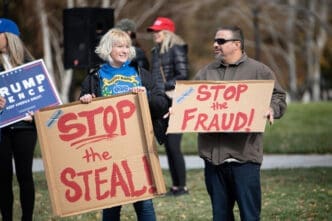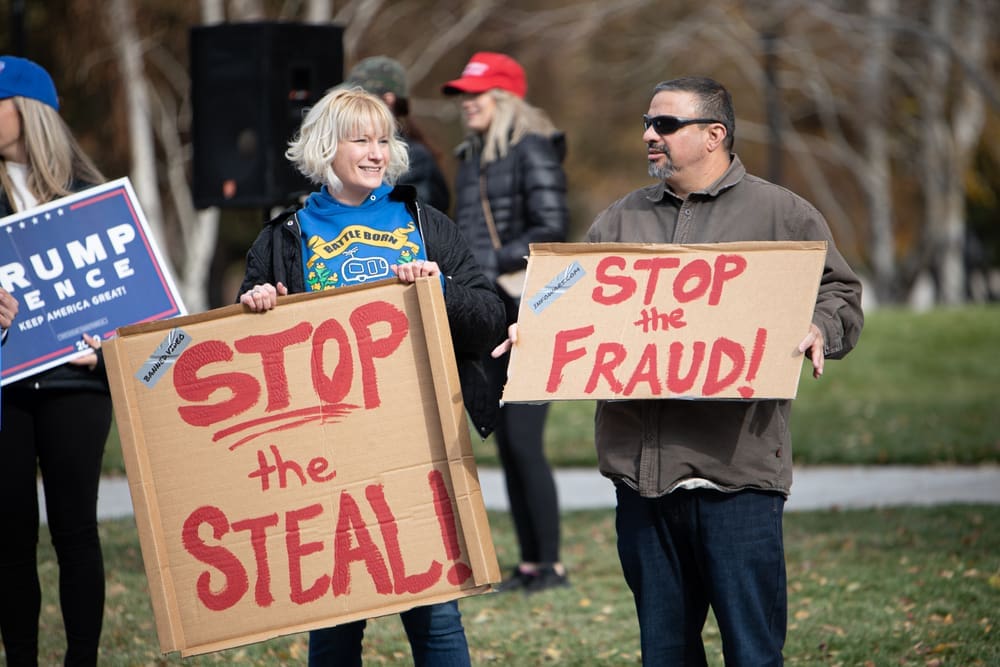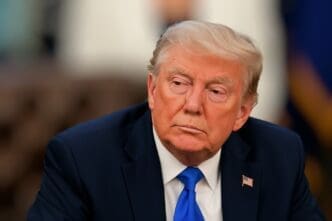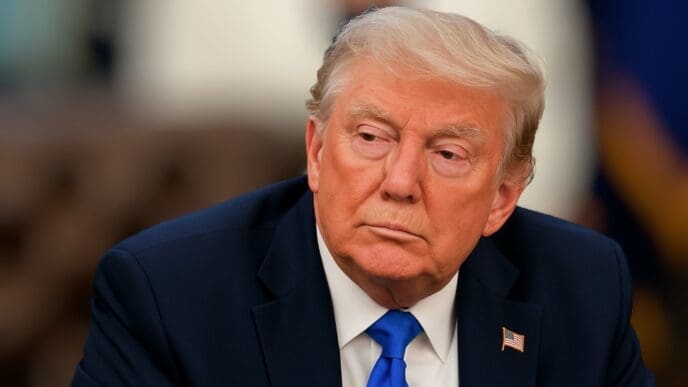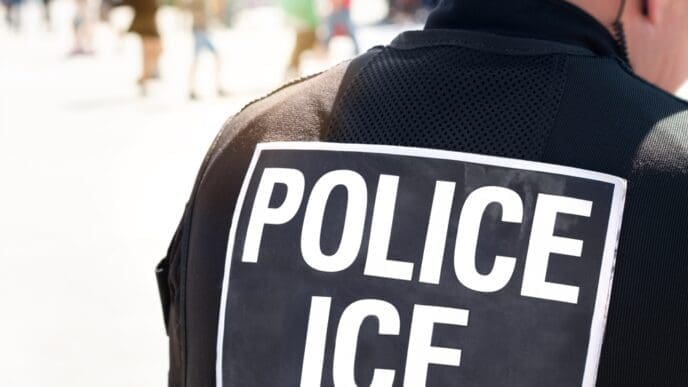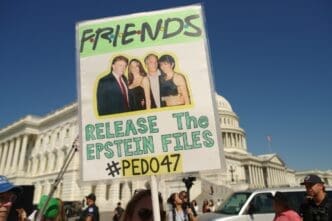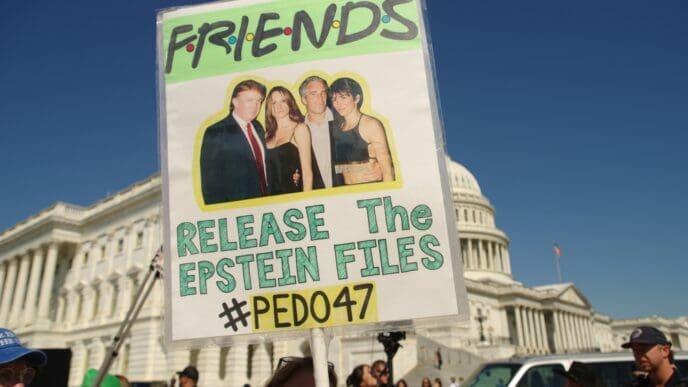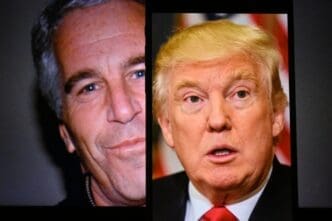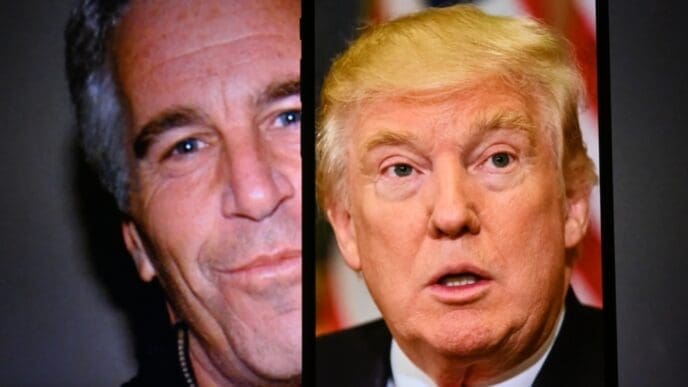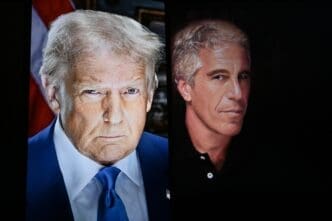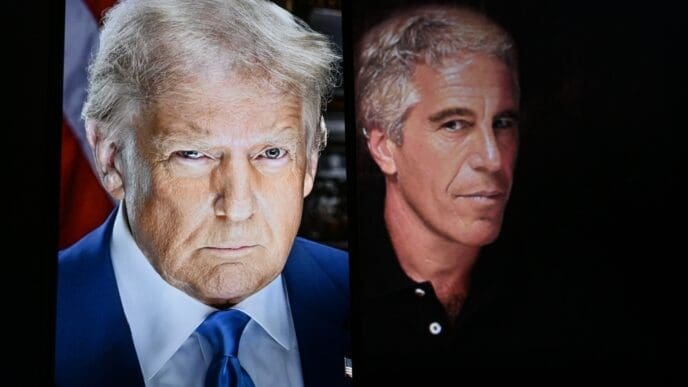Executive Summary
- A Michigan state judge dismissed charges against 15 individuals accused of being “fake electors” who falsely claimed President Donald Trump won Michigan in the 2020 election.
- The judge ruled that prosecutors failed to prove the defendants knowingly intended to break the law, stating they genuinely believed their actions were legitimate due to perceived election irregularities.
- This dismissal marks a significant setback for efforts to hold 2020 fake electors accountable, with Michigan Attorney General Dana Nessel strongly disagreeing with the decision and evaluating an appeal.
The Story So Far
- The dismissal of charges against “fake electors” in Michigan is part of broader legal efforts stemming from the 2020 election, where Donald Trump’s campaign organized slates of individuals in key battleground states to falsely claim his victory and challenge the Electoral College process. These prosecutions aim to hold state-level actors accountable for allegedly disrupting the election certification, but proving criminal intent—that defendants knowingly broke the law rather than genuinely believing their actions were constitutional—has proven to be a significant legal challenge.
Why This Matters
- The dismissal of charges against Michigan’s “fake electors” represents a significant setback for efforts to hold state-level actors accountable for challenging the 2020 election results, primarily due to the high legal bar for proving criminal intent. This ruling could complicate similar prosecutions pending in other states and underscores the difficulty of prosecuting individuals who claim genuine belief in election irregularities, raising concerns about the future enforceability of election laws and the integrity of democratic processes.
Who Thinks What?
- Judge Kristen Simmons dismissed the charges against the 15 individuals, ruling that the prosecution failed to prove the defendants knowingly intended to break the law, as the electors genuinely believed they were fulfilling their constitutional duties due to concerns over election irregularities.
- The 15 defendants, along with their lawyers, believe they lacked criminal intent, as their actions were prompted by a sincere belief in “serious irregularities with the election” and that their candidate, Donald Trump, did not receive all intended votes.
- Michigan Attorney General Dana Nessel strongly disagreed with the judge’s decision, contending that the GOP electors “knew Donald Trump lost, they lied anyway, and that is a crime,” warning that preventing such election law violations from being heard by a jury creates a “dangerous slippery slope for American democracy.”
A Michigan state judge on Tuesday dismissed charges against 15 individuals accused of being “fake electors” who signed certificates falsely claiming President Donald Trump won Michigan in the 2020 election. The ruling by Judge Kristen Simmons in Lansing stated that the prosecution failed to prove the defendants knowingly intended to break the law, marking a significant setback for efforts to hold state-level actors accountable for challenging the popular vote results.
Dismissal Details and Judge’s Reasoning
Each of the 15 defendants, who include current and former state GOP officials, a Republican National Committee member, a mayor, a school board member, and Trump supporters, faced eight charges. Judge Simmons emphasized that proving criminal intent was essential in the fraud case, stating, “I don’t believe that there’s evidence sufficient to prove intent.”
In her decision, Simmons indicated that the electors genuinely believed they were fulfilling their constitutional duties. She noted that these individuals sincerely felt there were “serious irregularities with the election” and that their candidate “didn’t receive all the votes that was intended to for them.” Their actions were “prompted by that belief,” she concluded, negating the required criminal intent for conviction.
Broader Implications for Accountability Efforts
The dismissal ends the criminal prosecutions in Michigan and represents a substantial blow to broader efforts aimed at holding 2020 fake electors and their allies accountable. While this case concludes, similar prosecutions are still pending in Nevada, Arizona, and Wisconsin.
Other related legal actions have also encountered hurdles. Federal charges against Donald Trump, which touched upon his alleged involvement in the fake electors plot, were dropped following his victory in the 2024 election. Additionally, the sweeping Georgia racketeering case against Trump and some of the fake electors is currently stalled.
Michigan was one of seven key battleground states where the Trump campaign reportedly organized slates of “fake electors.” This effort was part of a wider strategy to challenge the Electoral College process and potentially disrupt Congress’ certification of the 2020 election results on January 6, 2021.
Attorney General’s Reaction and Future Steps
Michigan Attorney General Dana Nessel, a Democrat who initiated the case, expressed strong disagreement with the judge’s decision. At a press conference following the hearing, Nessel stated her belief that the judge made a “very wrong decision.”
Nessel contended that the GOP electors “knew Donald Trump lost, they lied anyway, and that is a crime,” referring to the felony charge of signing fraudulent election papers. She warned of a “dangerous slippery slope for American democracy” if courts prevent such election law violations from being heard by a jury, expressing concern for future elections.
Prosecutors have the option to appeal the decision, and Nessel confirmed that her office is “evaluating” its next steps. Lawyers representing the Michigan fake electors have publicly praised the ruling.
The Michigan ruling highlights the complexities of prosecuting individuals involved in the 2020 “fake electors” scheme, particularly regarding the legal standard of proving criminal intent. This decision has significant implications for ongoing legal battles concerning election integrity and accountability efforts following the 2020 presidential election.

